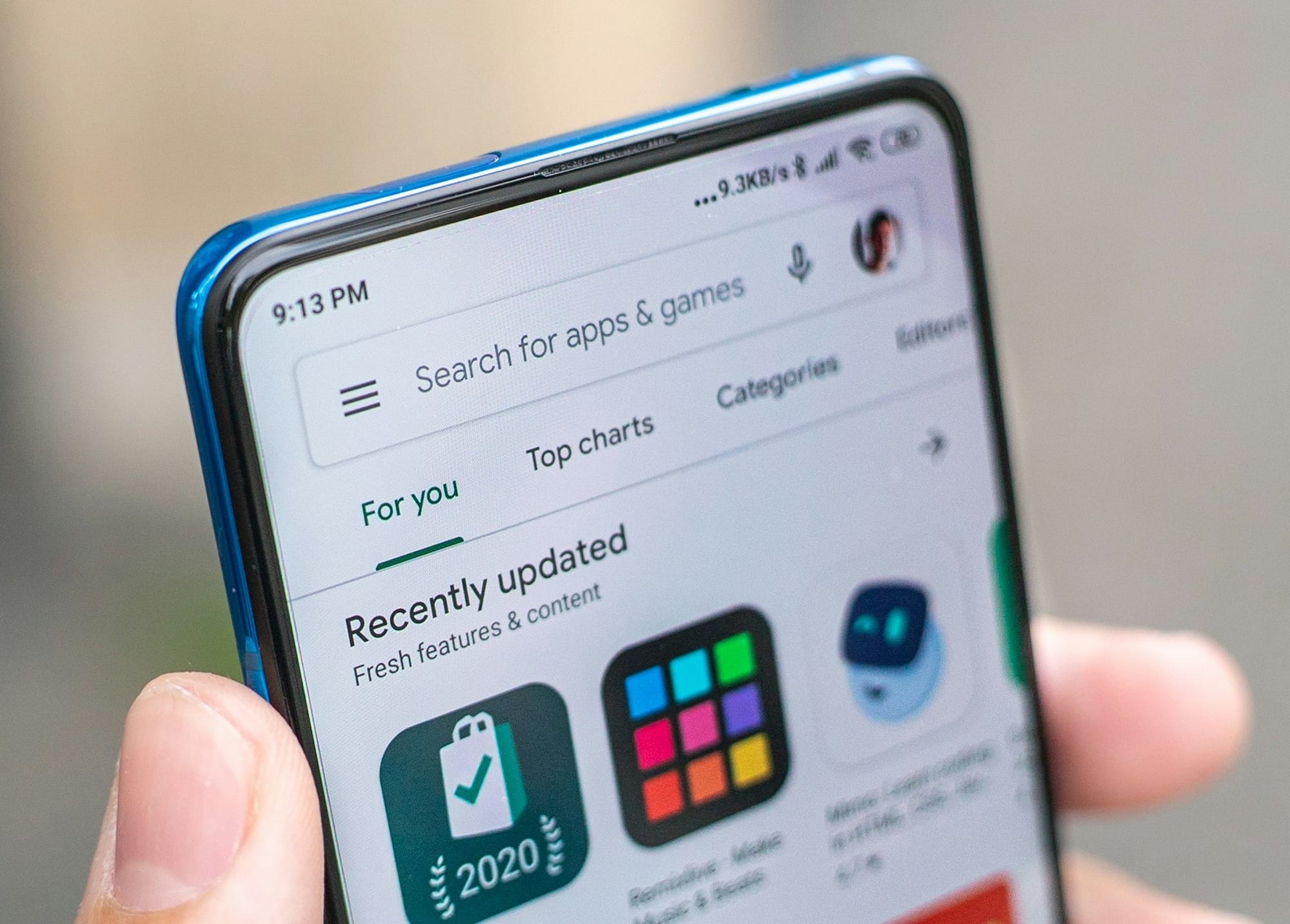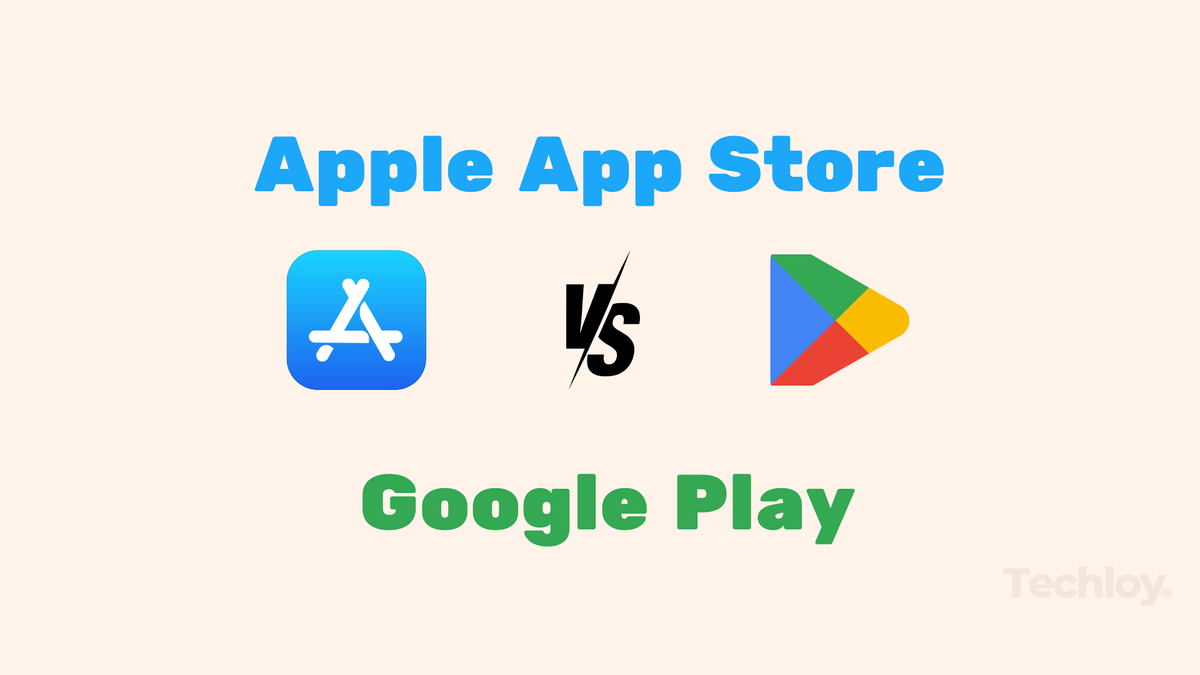Google ordered to support alternative App Stores and payment methods on its Play Store

Google has long dominated the Android app store market through its Play Store, acting as the go-to for Android users to download apps and developers to reach consumers. By enforcing strict control over app distribution and payment methods, Google has been able to charge substantial commissions on in-app purchases, earning billions of dollars annually.
However, that dominance might be about to change. A recent ruling from U.S. District Judge James Donato is set to dismantle some of the company's key practices, paving the way for more competition in the app economy.

The ruling stems from Epic Games' antitrust lawsuit filed against Google in 2020. Epic Games had violated the Play Store rules by allowing customers to make in-app purchases directly with Epic, bypassing Google. Google quickly banned Fortnite, and Epic responded by filing the lawsuit.
According to claims in the lawsuit, Google has long stifled the possibility of such competition by paying hardware manufacturers and Android phone makers to refrain from creating or distributing alternative app stores.
Last year, Epic Game had won the jury verdict which found Google guilty of abusing its market monopoly, and Judge Donato’s recent injunction solidified that verdict, prohibiting Google from limiting how apps are distributed and how developers inform users about alternative options.

Now, it must permit users to download Android apps from third-party stores, and developers will have the freedom to distribute their apps on multiple platforms without relying exclusively on Google’s ecosystem. Additionally, the judge’s order forces the tech giant to allow rival app stores, like Epic’s own, to be available within the Play Store itself.
For Android users, this ruling means they will soon be able to download apps from competing app stores, which will be offered alongside Google Play. Also, the millions of apps currently available in Google's Play Store could also be accessed through these third-party stores, making the landscape much more competitive.
Developers, meanwhile, stand to benefit from reduced fees. Up until now, Google has imposed a hefty commission – similar to Apple’s– ranging between 15% and 30%, on digital transactions made through apps on the Play Store. With the new ruling, developers can bypass these fees by offering alternative payment options, which could allow them to retain a larger share of their revenue. This change directly challenges the financial structure that has been so lucrative for Google —a boon that helped its parent, Alphabet, to reach a $2 trillion valuation — mirroring a similar legal battle Epic waged against Apple.
Google, however, will still be allowed to charge for services related to security and user safety.
The company has until November 1, 2024, to comply with most of the court’s orders, with the new provisions staying in effect for three years. Unsurprisingly, it has vowed to appeal the decision, arguing that the changes will be costly and complex to implement.
Epic Games, the company behind Fortnite, has been at the forefront of efforts to weaken the control both Google and Apple have over their respective app ecosystems. While its lawsuit against Apple yielded limited results, the case against Google has been more successful.
Meanwhile, Google continues to face legal challenges on other fronts including another lawsuit filed by U.S. District Judge Amit Mehta in August, over antitrust and anti-competitive practices. Meanwhile, Epic Games also has another lawsuit pending against Google, accusing it and Samsung of colluding to limit sideloading on Galaxy devices.
And this might be just the beginning. Google is facing a broader antitrust case regarding its search engine monopoly, with hearings set to explore penalties in the coming months. The Play Store ruling could be the first in a series of measures that aim to weaken Google’s dominance across various sectors.

